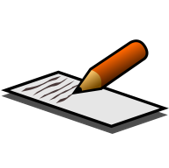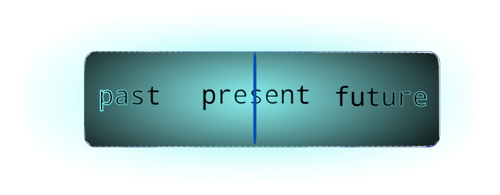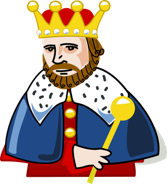Parts of Speech
Words are divided into different classes, called Parts of Speech, according to their use in a sentence.
The parts of speech are eight in number:
- Noun
- Adjective
- Pronoun
- Verb
- Adverb
- Preposition
- Conjunction
- Interjection
Verb
A Verb is a word used to express an action or state.
The boy wrote a letter to his dad. (wrote – an action)

Bristol is a big city. (is – a state)
Verbs are the most important words in English language. Two main reasons:
a. Every sentence in English must have a verb.
b. Verbs are the only parts of speech that can denote tenses.
Noun
A Noun is a word used as the name of a person, place, or thing. Also, ideas, abstract things, e.g. happiness, time etc.
Nouns are sometimes called ‘naming words’.
Ashoka was a king.
Aanya went to Andaman on vacation with her husband last year.

Pronoun
A Pronoun is a word used instead of a noun. It replaces a noun.
Mragank is absent, because Mragank is ill. (sounds odd)
Mragank is absent, because he is ill. (he - Subject pronoun)
The cards are where you left the cards. (sounds odd)
The cards are where you left them. (them - Object pronoun)
Subject pronouns – Used to replace a noun in subject positions I, you, we, they, he, she, it
Object pronouns – Used to replace a noun in object positions me, you, us, them, him, her, it
Adjective
An Adjective is a word used to add something to the meaning of a noun or pronoun.
Adjectives are sometimes called ‘describing words’.
Ashoka was a king.
Ashoka was a great king.
He is a boy.
He is a brave boy.
There are boys in this club.
There are forty boys in this club.
Adverb
An Adverb is a word used to add something to the meaning of a verb, an adjective, or another adverb. They answer the questions Where, When, How, Why.
The boy wrote a letter to her dad.
The boy quickly wrote a letter to her dad. (wrote – verb; How? - quickly, an adverb modifying the verb wrote)
He is a brave boy.
He is a very brave boy. (brave - adjective; very - adverb modifying the adjective brave)
She pronounced the word.
She pronounced the word correctly. (pronounced – verb; correctly - adverb modifying the verb pronounced)
She pronounced the word quite correctly. (quite - adverb modifying the adverb correctly)
- They may even add meaning to a whole sentence.
We went on a walk.
Yesterday evening, we went on a walk. (went – verb; When? - Yesterday evening)

They missed the bus and were late to their own party!
Unfortunately, they missed the bus and were late to their own party! (Unfortunately - adverb)
So both adjectives and adverbs add something to the meaning, i.e. they give some extra information.
Preposition
A Preposition is a word used with a noun or a pronoun to show how the person or thing denoted by the noun or pronoun stands in relation to something else.
- Prepositions can add idea of time, place and movement to noun/pronoun.
There is a butterfly in the garden. (in – Place - Where?)

I’ll see you at the office on Tuesday. (at – Place - Where? ; on – Time - When?)
The driver moved towards the door. (towards - Movement)
- Prepositions can connect other words to a noun/pronoun
It depends on the cost. (here the preposition ‘on’ links the noun ‘the cost’ with the verb ‘depends’)
Conjunction
A Conjunction is a word used to join words, phrases, clauses or sentences.
Conjunctions are sometimes called ‘joining words’.
Mragank and Anand are cousins.
I ran fast. I missed the bus.
I ran fast, but missed the bus.

Interjection
An Interjection is a word which expresses some sudden emotion.
They don’t have any real meaning.
Alas! She is dead.
Wow! What a sight.

Interjections are used more commonly in speech and less in writing.
In writing they are often followed by an exclamation point (i.e. !).

Extra Books and Tools
If you prefer to learn via books, or want some good English Grammar books for reference purposes, you may read this article which enlists some of the books recommended by us.